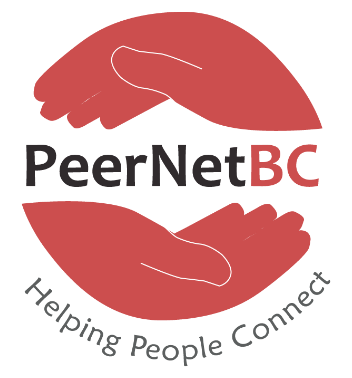5-year health equity study reveals major gaps in data, knowledge and practice.
VANCOUVER, BC, JAN. 22, 2021– Sexual and gender diverse patients who are also Indigenous, Black, Multi-racial, or People of Colour report they are not getting the healthcare they have a right to in BC because of the intersecting barriers of racism and gender discrimination.
The five-year study, Believe Me: Health Equity for Sexual and Gender Diverse Communities, collected health system experiences from over 100 sexual and gender diverse patients and health care providers. Unique to the study was a focus on hearing experiences of Indigenous, Black, Multi-racial and People of Colour; minorities within minorities who have not been adequately represented in past studies.
“The devastating experiences these honest witnesses describe are yet another reminder that universal access to healthcare is a work in progress,” said Sumter Freitag of the Health Equity Collaborative.
“In 2020, the Black Lives Matter movement, anti-Asian racism related to Covid-19 and the stark findings of B.C.’s investigation into anti-Indigenous racism laid bare the ongoing and destructive forces of systemic racism. We hope that the uncomfortable truths presented in Believe Me will bring attention to bear on those who need it the most.”
The number one barrier to care identified by study participants was a lack of health care providers knowledgeable in diversity and intersectional issues. This finding echoes other national and international studies on health equity which show that although advanced medical guidelines exist, these are subject to physician discretion, which is often guided by moral, religious or other personal views.
“A lack of trained healthcare providers often means that we must “plead our case” for services,” said one project participant. “Rather than getting the help we need; we are fighting to be believed or spending our appointments answering questions and satisfying the curiosities of health care providers.”
With few exceptions, the situation is especially dire in rural BC, where a lack of appropriate care results in unaddressed health issues, including chronic pain, anxiety, severe depression and suicidality. A lack of access to safe providers has prompted a rural urban migration of sexual and gender diverse people. Participants spoke of choosing between receiving inadequate care from someone with little education around their concerns, being put on lengthy waitlists, or attempting to find the time and resources to travel to a larger city.
Study participants also reported a lack of respect for privacy and a lack of patient directed care- decisions being made for them instead of with them.
“I’m asexual but the doctor I had just kept thinking I had a low libido and when I wanted something to help my depression, he wouldn’t prescribe me anything because a common side effect was low libido,” said a project participant “It just seems like he got to say that was a worse issue, even though my sexuality isn’t an issue, it’s my depression.”
Study participants who reported safe health experiences described doctors who listened to concerns around privacy and asked for consent before sharing personal information. These doctors shared power with their patients and acknowledged the limits of their understanding, seeking out further education to provide safe and welcoming health care.
An important part of ensuring safety for people in the health system is understanding what is putting people at risk. Government officials, health leaders, and study participants gathered today to hear about the study findings which also highlight bright spots of resilience, including peer-lead services designed and delivered by and for racialized and Indigenous people.
Study recommendations include:
- Increase the number of sexual and gender diverse health professionals by requiring health authorities to establish self-identification programs and track recruitment and retention
- Add gender identity and sexual orientation to Coroner’s data collection
- Add gender options to population-level data collection
- Extend sexual and gender health services into all Foundry service locations
- Increase health care provider education and awareness about sexual and gender diversity, especially provision of care for 2SQTBIMPOC with intersecting identities.
- Invest in BIPOC organizations that already support Indigenous, Black and POC sexual and gender diverse people
“Today’s Believe Me report adds the voices, wisdom and experiences of racialized sexual and gender diverse minorities to the healthcare improvement conversation, said Dion Thevarge, Health Equity Collaborative member. “If we can make health care safer for people facing these multiple barriers, we improve the health system for each and every British Columbian.”
“The Believe Me report outlines a framework for action to create more equitable access to health care for sexual and gender diverse people. The timing of this report is critical as we as a society are now actively examining racial and intersectional realities. Ongoing colonialism, racism, homophobia and transphobia are barriers to basic human rights and for Indigenous peoples, rightly need to be eliminated so we can return to a place where everyone is included, respected and valued.”
– Dr. Nel Wieman, Deputy Chief Medical Officer, First Nations Health Authority
“Today’s Believe Me report offers a stark reminder that we have work to do to ensure that sexual and gender diverse people who are also racialized have access to safe and equitable services in B.C. We heard today how stereotypes multiply in these intersections in ways that create serious harm. The BC Patient Safety and Quality Council was honoured to witness the launch of this report and we are eager to do our part to make the system safer for racialized 2SLGBTQIA+ people.”
– Christina Krause, Chief Executive Officer, BC Patient Safety and Quality Council.
